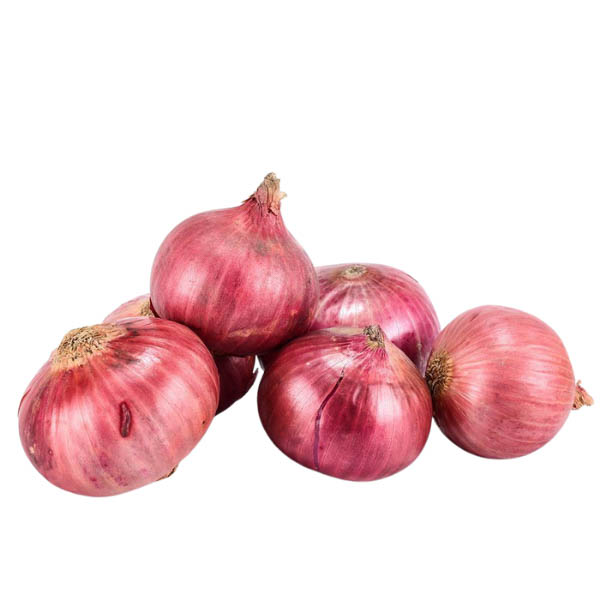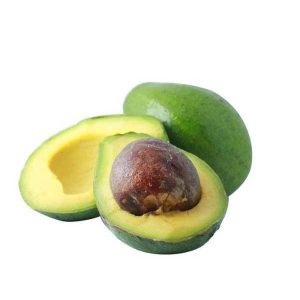Description
Pusa red, Rampure, Kalpitiya selection, Nasic red
Wet zone
Although there is no evidence confirming the origins of big onions, it is widely believed that they may have originated in Central Asia. However, some studies trace back the vegetable to Iran and West Pakistan
A combination of acidic, salty, spicy and sweet flavours
Big onions are rich in quertain, an antioxidant that helps delay oxidative damage to cells and tissue. This compound also helps eradicate free radicals in the body to inhibit low-density lipoprotein oxidation. Studies also reveal that onions may help prevent gastric ulcers. Onions contain phytochemicals known as disulfides which demonstrate a variety of health-functional properties, including anticancer and antimicrobial activities.
Onions were highly regarded by the Egyptians. Not only did they use them as currency to pay the workers who built the pyramids, but they also placed them in the tombs of kings, such as Tutankhamen, so that they could carry these gifts bestowed with spiritual significance with them to the afterlife.
A portion of beer-battered onion rings can be a great solution. Mix flour, baking powder and salt in a large bowl and make a well in the middle. Add some beer in the middle. Using a whisk, beat the mixture until the texture is smooth. Add adequate oil to a saucepan to reach a depth of 10cm. Heat to 190°C. Dip one-third of the onion rings, 1 at a time, into the beer batter and transfer straight into the hot oil. Deep-fry for 2-3 minutes. Add salt and serve.
Balsamic glazed onions. Cut onions Remove the skin. Trim ends, leaving base intact. Heat oil in a frying pan over medium heat. Add the onions and cook for 3 to 5 minutes or until they turn golden. Add vinegar and sugar. Cook for 2 minutes. Add stock and thyme. Cook, covered, brushing with vinegar mixture, for 5 to 7 minutes or until tender. Add green onion. Toss to combine.


